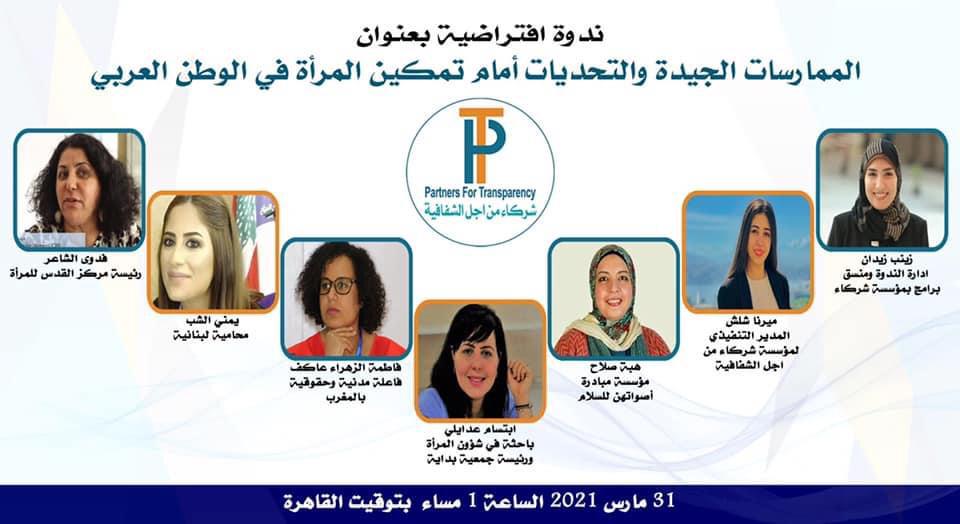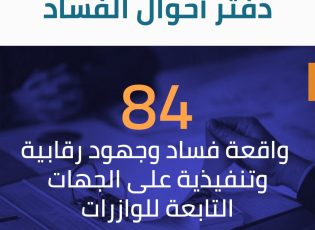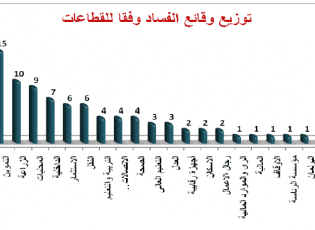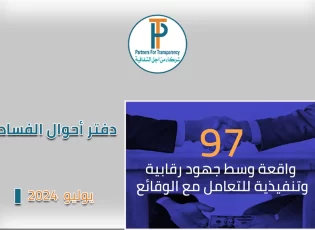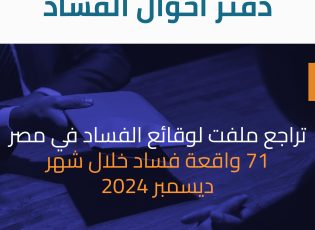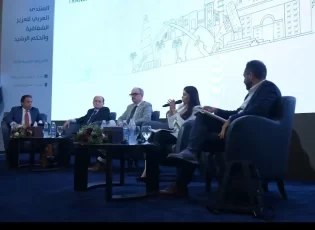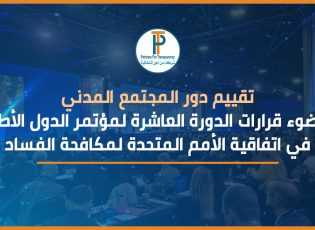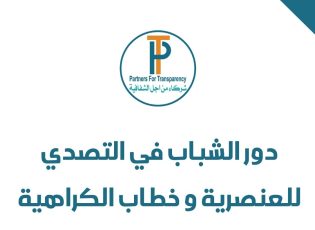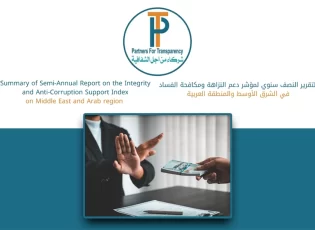The Partners for Transparency Foundation and the President of the Egyptian Network of the Anna Lindh Euro-Mediterranean Foundation for the Dialogue between Cultures organized a symposium entitled “Best Practices and Challenges Facing Women in the Arab World” on March 31, 2021, considering that March is the month of women. On her part, Mirna Shalash, Executive Director of the Foundation Partners on the importance of this symposium, especially since it came in March, the month of women, as women's issues in the world constitute a strategic and human rights axis with multiple interests and are the basis and pillar of the first degree addressed by international provisions. The feminist from Egypt, Palestine, Lebanon, Tunisia and Morocco.
The symposium shed light on the most prominent economic, social and political challenges facing Arab women despite the efforts and efforts made to obtain fair representation and rights that enable women to be in leadership and decision-making positions. Heba Salah from Egypt, founder of the "Their Voices for Peace" initiative, pointed to the need to correct misconceptions that promote mental images in society that lead to the marginalization of women and place them within stereotypes, as well as the role of religious institutions in raising correct awareness of religious texts. Fadwa Al-Shaer, President of the Jerusalem Center for Women and President of the Palestinian Network of the Anna Lindh Foundation, stressed the need to activate the role of women in leadership positions. Despite Palestine's signature of the AIDS Agreement, and with reservations, women's political representation in Palestine is still only formally.
Meanwhile, the Lebanese lawyer and activist, Yumna Al-Shab, stressed the need to activate the role of municipalities to enable women in political participation and to amend the Personal Status Law in Lebanon, which until now still prevents Lebanese women from giving their children, who are non-Lebanese fathers, Lebanese nationality.
While the Moroccan social researcher Fatima Zahra Akef referred to the prominent role of women throughout the ages, history was unfair to them as it was written by men, and she said that the laws that Morocco has ratified in relation to combating violence and inequality against women are still "ink on paper" and concluded Tunisian human rights activist and president of Bidaya Association “Ibtisam Adaili” that the situation in Tunisia is not better than in other Arab countries and that the leadership positions held by women in Tunisia are all stereotypical roles as they aim only to decorate the image in media promotion and described the principle of “parity” in the Tunisian parliament. It's "party decor only"
The symposium came out with several recommendations, most notably the need for economic empowerment of women for their independence and fair representation in public life, the necessity for a political will for laws that empower women, the need to educate and educate women in their role in society, correct misconceptions about women inherited across generations, and reconsider leadership roles. Which is granted to women only to satisfy public opinion, but in reality it does not serve the role of women and does not work to bridge the gender gap and the need to put in place deterrent laws to overcome domestic violence and discrimination against women.
Short link: https://pfort.org/en/?p=4598

